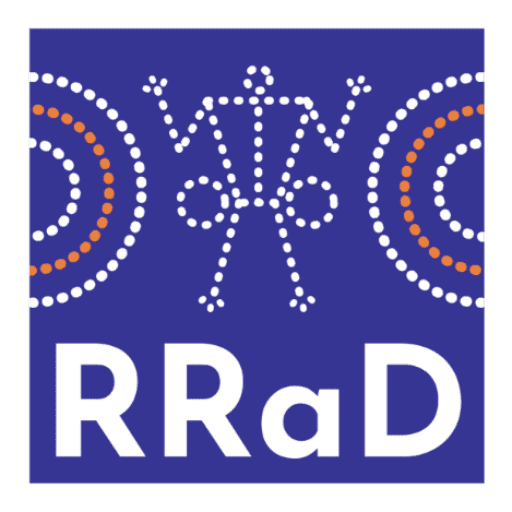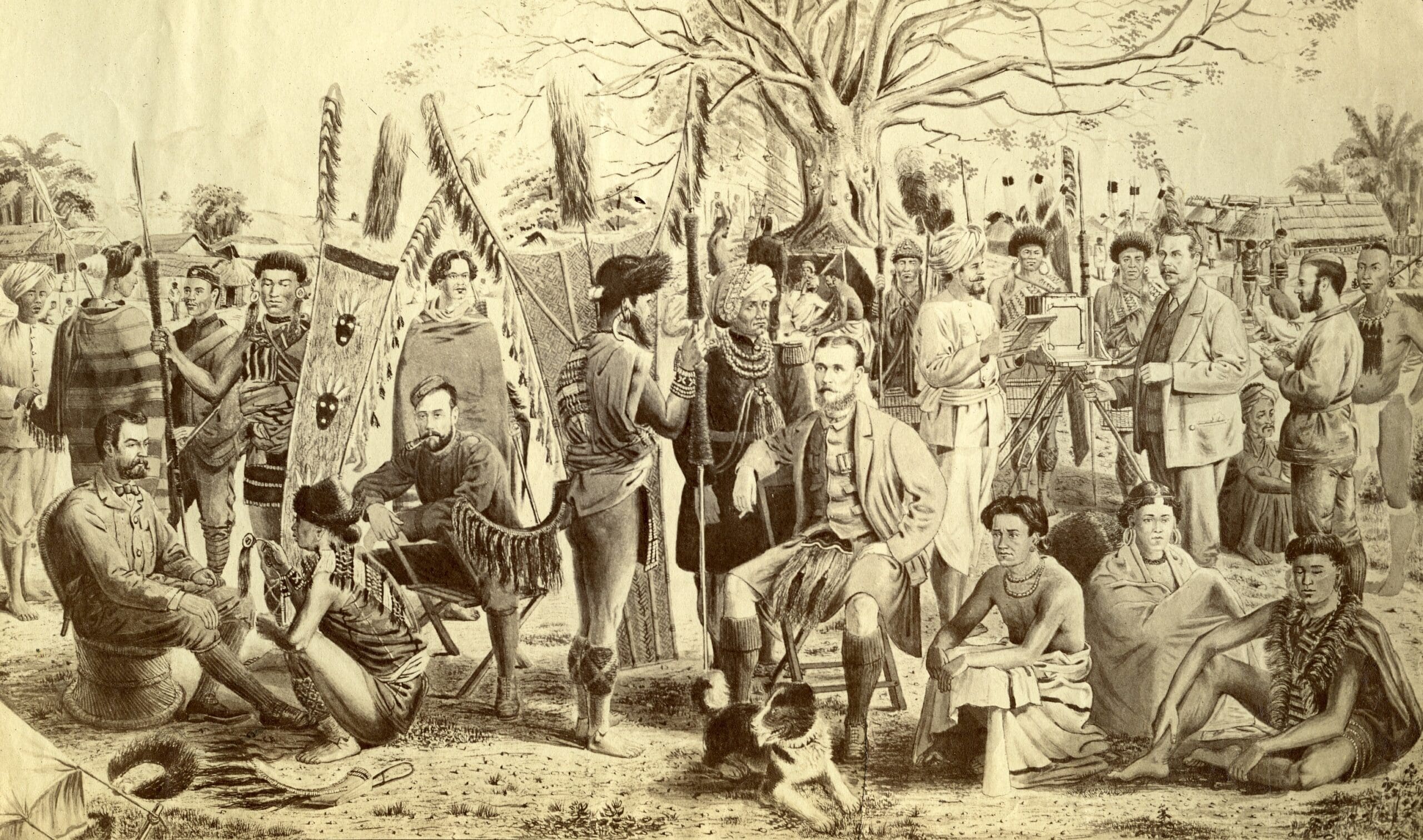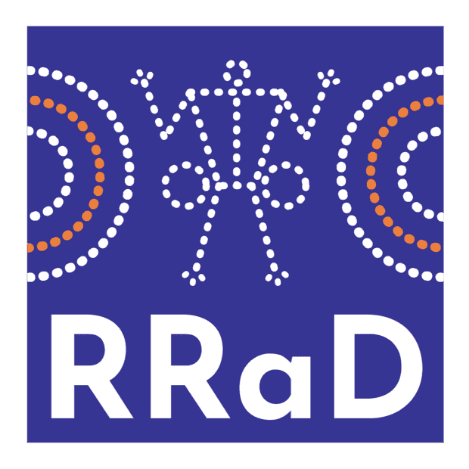The colonial encounter within its many dimensions inaugurated, besides others, a new ‘self’ identity of the colonized Nagas as natives and more so as barbaric head-hunters. Today, many paramount questions have been raised particularly in the context of misrepresentation in colonial discourses. Such a colonial (mis)constructed ‘imaging’ has left a deeply entrenched legacy in the Naga self and which continues to haunt to this day. More so, the misplaced context continues to trigger different stereotyped identity markers.
Whatever history has happened has happened, however, while it is a fact that history is never forgotten, it has today presented a window opportunity to revisit, rewrite, and preserve history from the ‘Naga lens.’
The recent article “The Unfinished Business of Colonialism: Naga Ancestral Remains and the Healing of the Land” by Dr Arkotong Longkumer and Dr Dolly Kikon writes about a major reform – a decision taken by the Pitt Rivers Museum in Oxford, England, (which has preserved about 6466 items related to Naga material culture including human remains), “to overhaul insensitive displays that highlighted the violent history of colonialism and imperialism” having recognized that their “collections have propagated harmful colonial stereotypes of cultures across the world.”
To this end, having recognized that it is a matter of urgency to decolonize the museum and prioritize reconciliation and co-curatorship with source communities, it “aim to be part of a process of redress, social healing and the mending of historically difficult relationships.”
Coming to the main contention, a Naga Research Team was formed in 2020, comprising researchers from the Naga ancestral homelands working in partnership with the Pitt Rivers Museum, with the aim of addressing the issues surrounding the repatriation of the ancestral remains.
While the horrors in the Naga context like the Battle of Kohima, and the Indian Army ‘operation grouping’ are still fresh in the minds of the Naga people, and considering the violent colonial history, this Naga research group is also sensitive to the fact that, “the process will generate deep emotions including grief and anger, as well as open historical trauma for the Naga people.” Yet, while engaging with the Naga collection, they have tasked themselves to frame an “indigenous pedagogy of healing and reparation” with a belief that re-crafting the story of the Naga collection rests with the Naga people.
The task which the Naga research group has put themselves to comes with additional challenges in the process of repatriation: the geo-political dynamics and changes, and also the Christian contexts. These are aspects worth considering and for which answers remain unclear, unclear because of divergent points of reference and opinions.
There are lessons which can be drawn from the Naga experiences of the head hunting times, of raids and killings, and how it has today produced narratives of reconciliation that stemmed out from a consideration of the ‘other’ which during those days was understood as nothing more than a trophy that symbolized honor and valor.
A deeper understanding of history and how it happened has only given birth to waves of feelings and emotions and which requires healing. However, this is also where it involves risks of losing history if the many unanswered questions tilts towards feelings and emotions. As such, it is not about memorial or mourning or seeking apology from the British Government, but ultimately it is about re-casting Naga History of the Colonial era, and the paramount question being how Nagas recast it today, because this is going to reshape, reorient and reignite a new Naga consciousness and identity from the Naga lens.
Within the challenges of bringing the Naga Ancestral Remains to the Naga homeland, while that itself can be seen as a process of healing, a decision to bury, if at all, will put an end to it. In spite of the violence associated and its re-awakening, if preserved and displayed in a museum in the Naga homeland, there can still be healing within the memories of ‘displayed remnants of violence.’
While, the violence of colonial history may be provoked, it will be the spectrum of memories of a violent history but not in the immediacy of feelings. Considering the larger Naga consciousness and identity, it is time for Nagas to collectively engage and envision relocating the context of colonial imaging of the Nagas. This will be like the restoration of a lost Naga history. With due respect, burying it will only destroy history, not the stereotyped colonial imaging.
First published in The Morung Express on July 05 2022
Link: https://morungexpress.com/remnants-of-colonialism



